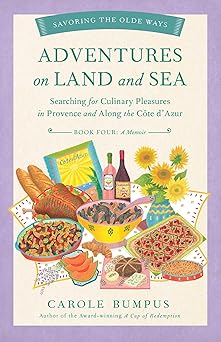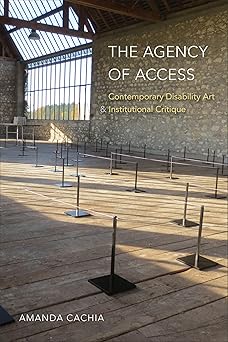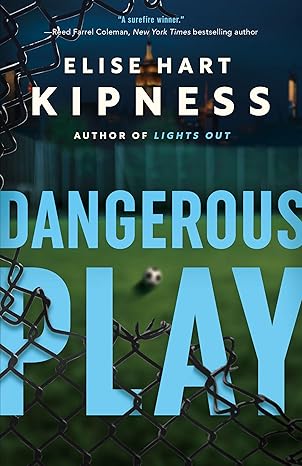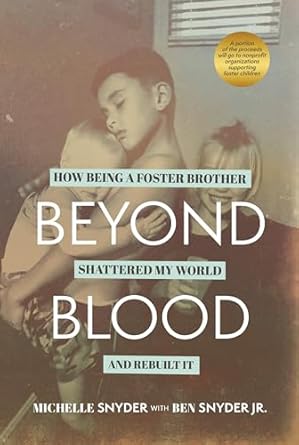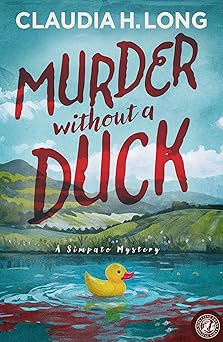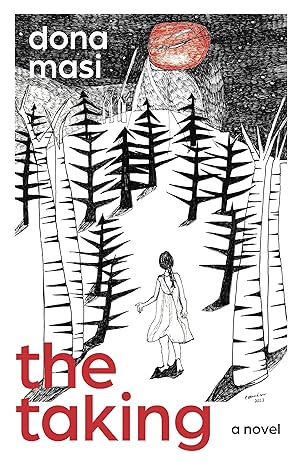Connection Through the Narcissistic Parent
Connection Through the Narcissistic Parent
 Trying to describe what it’s like to grow up with a narcissistic parent is uniquely frustrating. If I say that my parent was abusive, people immediately assume that I’m talking about physical abuse and when I correct them, they often cannot understand that a person who doesn’t use their fists can still be abusive. For that reason, when discussing the issue with someone unfamiliar with emotional abuse, I tend to use terms like “manipulative” and “judgmental” and “self-centered” when describing my parent. These don’t fully capture what having a narcissistic parent is like but at least they get the general point across.
Trying to describe what it’s like to grow up with a narcissistic parent is uniquely frustrating. If I say that my parent was abusive, people immediately assume that I’m talking about physical abuse and when I correct them, they often cannot understand that a person who doesn’t use their fists can still be abusive. For that reason, when discussing the issue with someone unfamiliar with emotional abuse, I tend to use terms like “manipulative” and “judgmental” and “self-centered” when describing my parent. These don’t fully capture what having a narcissistic parent is like but at least they get the general point across.
Conversely, on the rare occasion that I meet someone with a similar parental background, we experience a visible moment of mutual relief when we realize that no explanation is necessary. As awful as it is to grow up in that environment, finding someone who gets it lifts a huge burden from my shoulders. I don’t have to explain and I don’t have to tip-toe around the subject, I can just connect with this fellow survivor. And it’s that connection that I hope to convey with my book. If you grew up with a narcissistic parent, you will probably find common ground with Georgette, the main character of Magic by Any Other Name. If you didn’t have a narcissistic parent, I hope seeing it through her eyes will give you some insight into how damaging it can be.
To develop this connection with the reader and to illustrate the destructive power of a narcissistic parent, I had the story begin while Georgette is in the early stages of reckoning with her childhood. The book opens not long after she has left her family home and fled across the country in search of a new life. Though she has made the monumental choice to break away from her narcissistic relatives, she is still embroiled in the trauma and has not yet had the time to process her complex emotions.
I wrote the story this way partly because of the circumstances I was in when I began writing the book: I had just gone no contact with my narcissistic parent. With that huge decision wreaking havoc on my emotions and dialing my anxiety up to 11, I created Georgette as part of my healing journey. While breaking away from her own narcissistic parent, Georgette goes through a lot of the same emotions I did while I was writing.
While Georgette is far from being an autobiographical representation, she does share many of my past experiences. In particular, most of the flashbacks and the stories about her childhood that she relates to others come directly from my own life. Told by themselves, the stories might raise an eyebrow or two but when put in the context of someone getting out from under the control of a narcissist, they paint a picture of a woman who has little concept of what a normal parent-child relationship should be or how to form healthy relationships in general. Individually, they are little events, barely a drop in the ocean of time, but for me they are defining moments in my life, moments when my narcissistic parent unequivocally taught me that I was not a real person in his eyes; I existed only to be an extension of him and if I could not do that, then I had no purpose.
This is the mentality that Georgette struggles to face and overcome throughout the book. It is the mentality that so many of us grapple with as we free ourselves from a narcissistic parent’s influence.
Despite the autobiographical elements, I altered other aspects of Georgette’s story to make them different from my own life. Most notably, unlike Georgette, my narcissistic parent is not my mother. This wasn’t entirely a deliberate choice. Even though I’ve put years of work into my recovery, making Georgette’s abuser her father was too triggering for me.
Healing is a journey, not a destination, and sometimes the memory of our narcissistic relative asserts itself in ways that fundamentally unsettle us. It’s as true for me as it is for Georgette. Furthermore, due to my upbringing, I’m not always comfortable showing my feelings outwardly. Georgette is much freer with her emotions than I am, if only in her willingness to shed tears when the occasion warrants. Even though I was raised to keep everything bottled up, writing a semi-autobiographical character having and expressing those feelings was therapeutic.
It took me years to recognize and accept that my narcissistic parent’s behavior was not normal and was, in fact, abuse. And it wasn’t until I cut all contact with him, setting off a months-long emotional maelstrom, that I found the strength to speak up about it. Magic by Any Other Name is a major step in my healing process. I hope by sharing my struggles with others through the lens of my main character that readers will be able to connect with Georgette and thereby connect with other victims of narcissistic abuse.
—
Alison Levy lives in Greensboro, North Carolina with her husband, son, and variety of pets. She has previously published two urban fantasy books: “Gatekeeper” and “Blue Flame.” When she’s not writing or doing mom things, she crochets, gardens, and walks her collies.
MAGIC BY ANY OTHER NAME
 Ivy Nichols O’Reilly has grown up in a wealthy family full of magic, fantasy creatures, and emotional abuse—but when her narcissistic mother arranges an unwanted marriage for her, the young witch reaches her breaking point. She drops out of college, changes her name to Georgette, and flees across the country with her best friend, a Wood Nymph named Mei-Xing.
Ivy Nichols O’Reilly has grown up in a wealthy family full of magic, fantasy creatures, and emotional abuse—but when her narcissistic mother arranges an unwanted marriage for her, the young witch reaches her breaking point. She drops out of college, changes her name to Georgette, and flees across the country with her best friend, a Wood Nymph named Mei-Xing.
Georgette is determined to build a new identity and a new life. But her journey leads her to cross paths with a number of magical characters—a Werehyena searching for his kidnapped wife; a Vampire who runs a unique magical business; a curandero, a shamanistic practitioner of traditional medicine; and a Valkyrie who, along with her raven partner, wants to make a risky deal—who make it clear to her that the past is not so easily left behind. In order to grow into her new identity, help her new friends, and develop a healthy relationship with a man she’s beginning to care for, Georgette will have to confront the privileges that have shielded her from the pain and ugliness of the magic community in which she was raised—and find the strength to overcome the trauma of her childhood.
BUY HERE
Category: Contemporary Women Writers






